Stefan Austermühle, CEO of Gemrock Peru Last Updated: 12/2024
Another dirty secret of the crystal industry exposed: shadow business in the lapidary production
Connect with the author on LinkedIn:
Ethical mining is the buzzword. Everybody talks about it. Many claim to support it. Few can show any proof.
However, there is another dirty secret of the crystal industry: It is an open secret to insiders of the industry. It is a secret to the public because none of the insiders talks about it.
We think it is about time to expose it.
Mining is just the first step in the crystal production chain, which means it is the extraction of raw materials from the natural environment.
The next step is adding value to the rock or mineral, which means carving it into a shape and polishing it to have surface shine, thus called lapidary work. Here it is where all these beautiful cabochons, hearts, spheres, towers, and pyramids are fabricated.
And here it is where we face an abusive shadow business on a global scale.
Outsourcing: the tool to create abusive dependency
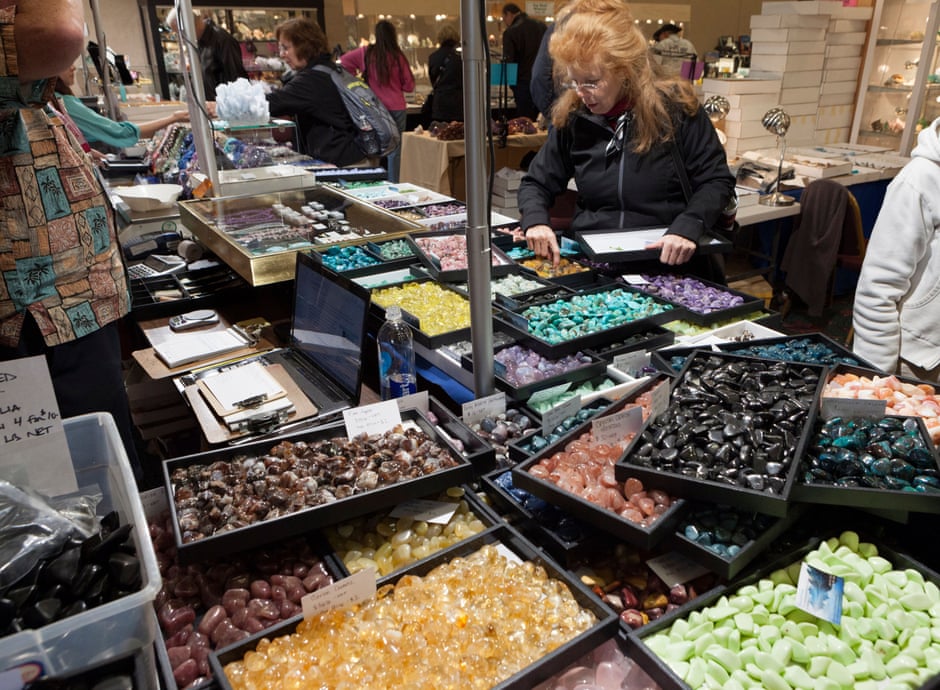
Of the more than a dozen Peruvian gemstone and crystal exporters nearly none maintains his own lapidary workshop or production. All of them buy the raw materials from artisan miners and then send the materials to small artisan lapidary workshops to manufacture final products.
For the exporter, this brings a lot of advantages:
- He does not have to invest in machines and manufacturing infrastructure himself.
- He does not have to hire staff himself, means he saves himself the pain of staff management, labor costs as well as labor, health and retirement benefits.
At a first glance this does just look like regular outsourcing, a process common in all kind of industries all around the world. What could possibly be wrong with that?
It becomes wrong if it is used to create dependencies that allow for abuse, which is exactly what happens in Peru, and surely in many other countries around the world.




Why is lapidary outsourcing in Peru abusive?
1.) It creates dependency
The small workshops are owned by self-made artisans who do not speak English or any other foreign language and have no skills in online marketing. You won’t find them on the internet and they won’t know how to find or communicate with a foreign crystal shop. In summary: these local workshops do depend entirely on the Peruvian crystal exporters. As a consequence:
If the exporter pushes down the price, they have no chance to say “no” and switch to another client. They just have to swallow the bitter bite and work for less. People in those workshops are ending up working 14 hours a day 7 days a week. Would you like such a job?

It is common practice that exporters pay those workshops either in advance (like giving them a credit) or with a good (say: a car, for example). With that they create full dependency. They now can forbid the workshop to work for another client and only work for them till the depth is paid off (and by the way, they do the same thing with miners in order to monopolize access to certain stones or crystals)

Gemrocks´ Startup Support
Starting a crystalshop (online or physical) is not easy – we know. But we believe in you and we have your back, because your success is ours.
We support startup companies with lower shipping prices. You can order without minimum amounts. We offer dropshipping and “Buy now, Pay later” agreements, as well as intensive business coaching.
Contracts are not made on paper but are all just by word and handshake. If the exporter does not pay for the fabricated goods (or does not pay in time) the workshop has no way to hold the exporter accountable. Only thing left to do: Sit tight and wait. I have heard stories of exporters owing money to workshops for more than a year.
Why do these workshops go with that? Because they depend on the exporter and when the exporter shows up with new money this comes with a new contract while the depth keeps lingering along.
2. It promotes illegal work
As the income from such contracts is so low, NONE of the lapidary workshops in Peru is a legally registered company:
They do not exist as companies and the terrains they are on are not registered as workshops. If a municipality would check on this and discover them they would be closed immediately.
They do not pay taxes. They don’t hire workers with contracts: Means the workers in Peruvian lapidary shops do not have health insurance, retirement plans, holidays or any other labor benefit anyone in Europe, USA or Australia would expect from a job.
Of course, all these workers often receive less than the legally required minimum salary or if they get that salary they are working up to double the amount of legally allowed working hours.
If they get sick they normally have no insurance at all, which means they have no chance to get attended in a hospital or from a doctor because in Peru if you don’t have money you can die in the waiting hall of a hospital.
3. Workers’ health is put at risk
As those lapidary shops are so poor, of course, they also don’t have modern machinery and they offer their workers no health protection from labor hazards at all.
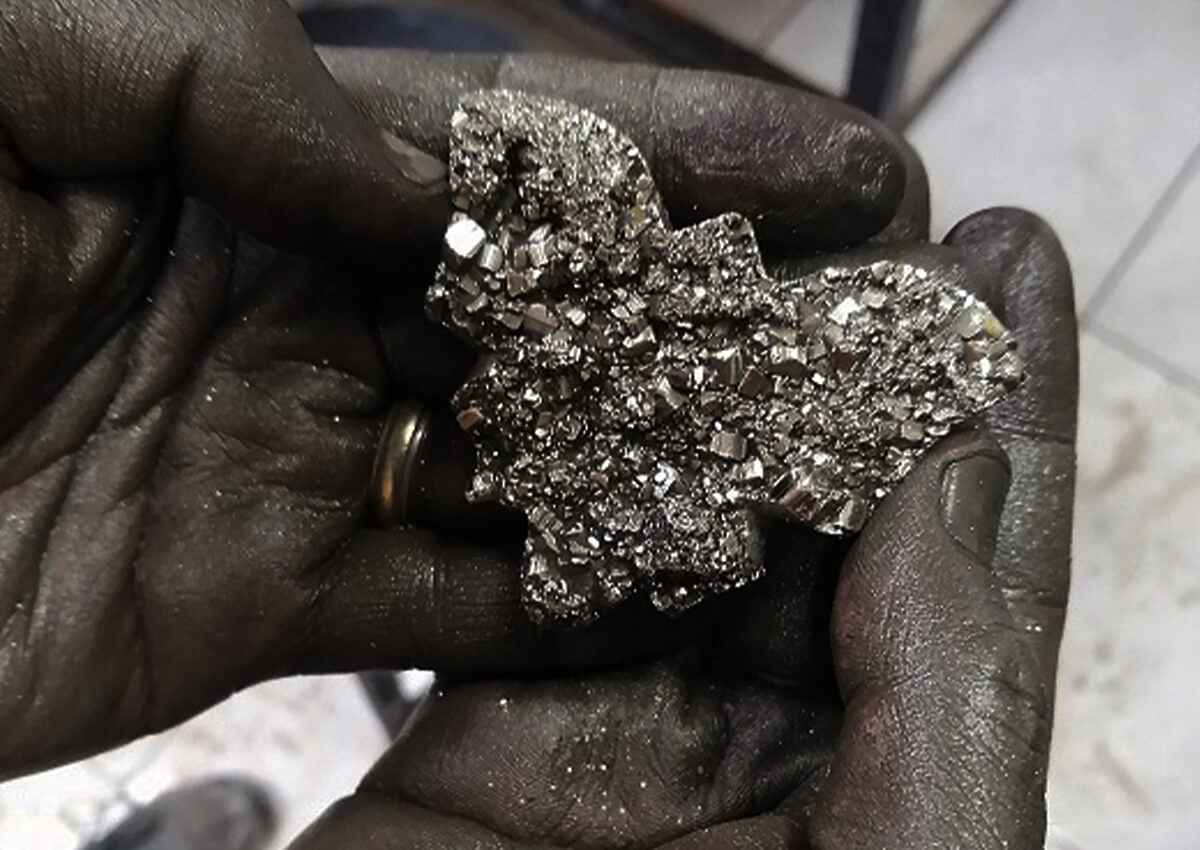
For example Pyrite:
This shiny “fools gold” looks so beautiful and clean when we buy it in a crystal shop. However when it comes out of the mine it is covered in black dust and when you cut and polish it, the water in your machine immediately turns black.
This black water taints your skin. Workers in pyrite lapidary workshops look black. The black taint on your skin and under their fingernails resists any type of soap for days no matter how often you scrub.
But this is not just a beauty problem. When cutting and polishing pyrite the mineral sets free arsenic fumes. In good pyrite like for example from the Huanzala mine this is a very small risk.
However there are some Peruvian exporters that buy cheaper Pyrite from northern Peru near the town of Trujillo. They then blend this cheap pyrite with Huanzala pyrite and sell it as higher quality pyrite. This Pyrite however is full of arsenic. I have been personally talking to workers from lapidary shops that had the bad luck of working this pyrite for the exporters and they described to me that they had to stop working on the material just after a few hours because they felt dizzy and got headaches from breathing the arsenic fumes.
Pyrite from Trujillo does not only damage the health of lapidary workers in Peru. It may put the health of your clients at risk.
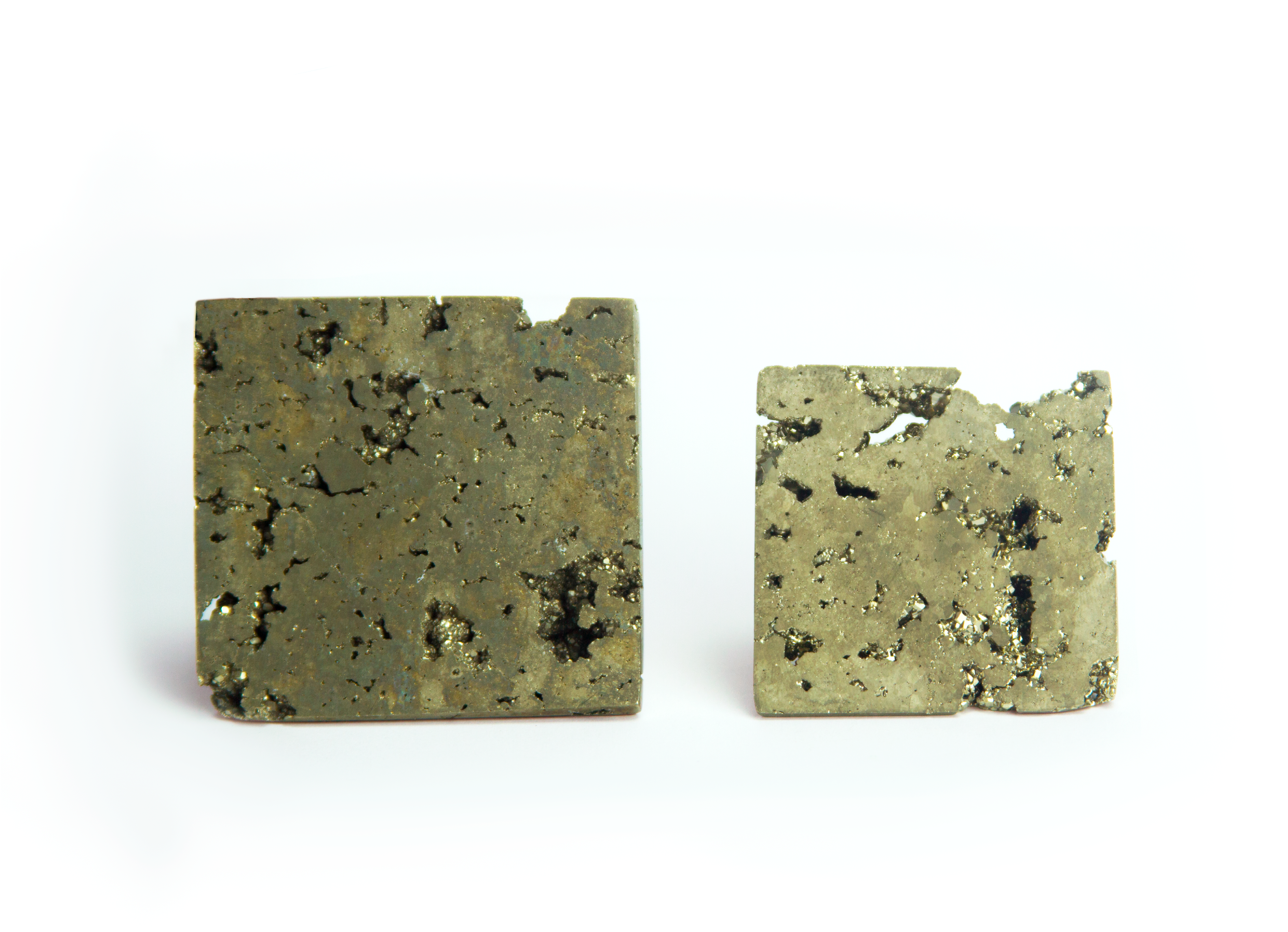
At first glance, objects made from Trujillo pyrite may look the same as Huanzala pyrite. However, you can easily distinguish both: Have a look at unpolished parts. While Huanzala pyrite has a clean golden color, Trujillo pyrite shows black patches.
After just a few months, the shine of the polished Trujillo pyrite will disappear and the material will blacken. This material is not only a danger to health it will also lead to complaints from your clients and damage your companies’ image.
4. It leads to environmental contamination
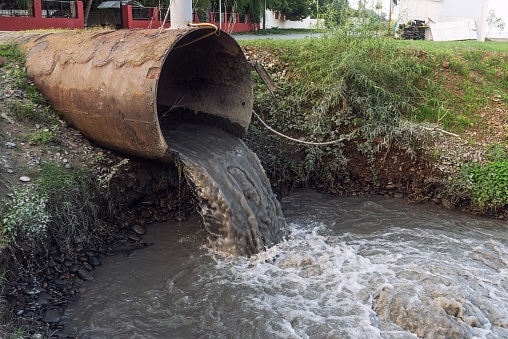
Last but not least: The environment.
All kind of natural crystals (Quartz, Amethyst and any other) always have to be cleaned with acids and the dark waters of cutting and polishing pyrite are not environmentally friendly either. If you believe that the poor artisan lapidary workshops have infrastructure in place to treat such toxic liquids before flushing it down the sewage pipe, think again.


What can we learn from all this?
The global pressure from retailers (online or not) for ever cheaper products leads to ever more abusive production schemes in the countries of origin of the crystals.
The next time a Peruvian exporter offers you cheap products, or the next time you walk along the booths of one of the famous gem shows in Tucson, Denver, Munich, or elsewhere and you see tons of cheap crystals being offered, you know why these stones are so cheap.
It is your choice to go along with that, keep selling such materials, or become part of the solution.
Gemrock Peru offers an alternative.
We are Peru’s only lapidary workshop being constituted as an officially inscribed company. Even better, we are a member of the Chamber of Commerce of Lima and of the Indian Chamber of Commerce in Peru.
All our workers are properly trained. They are hired with real contracts and they earn more than the minimum salary. They have health insurance, get retirement benefits, over-hour payments, and enjoy holidays. Finally, we buy all our raw material with official contracts. We pay taxes.
In other words: We do things the legal way and how it should be done.
Creating and growing a legal and ethically responsible business within an economic environment dominated by unfair competition from shadow businesses is not easy. We do depend on retailers who feel like we do and who want to know that their goods have been produced ethically and environmentally friendly.
Our production costs are higher than the ones of our Peruvian competitors. So our only way to commercial survival and growth is to produce the highest quality possible. This is why Gemrock Peru only offers the best quality products. It is our quality that makes our higher prices competitive.
If you want to help us to change the tide, if you are interested in fair trade and saving the environment, then do help us educate your clients about the hidden costs of human rights abuse and poverty that go along with low prices.
Let us show your clients a better way to produce beautiful crystals: A way that provides them with the energetic benefits of crystals but does not come with the bad taste of illegality, environmental destruction, and abuse.
Together we can make this world a better place.
Do you have any question about our lapidary workshop ?
Stay in touch wherever you want and can!
Just click the icons!
FREE CONTENT RESOURCES
FREE CONTENT RESOURCES & PERSONAL CONNECTION
SOCIAL NETWORKS
Get in Touch
+51 994104206
gemrockinternational@gmail.com
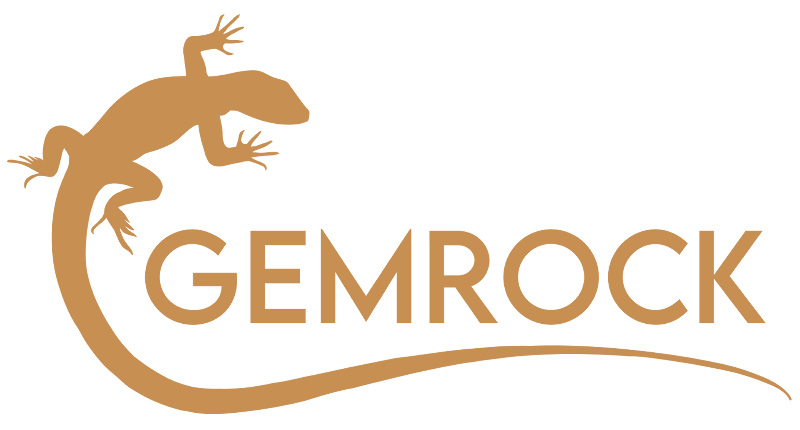
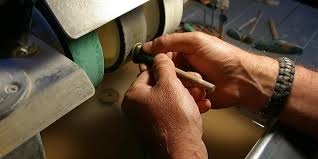

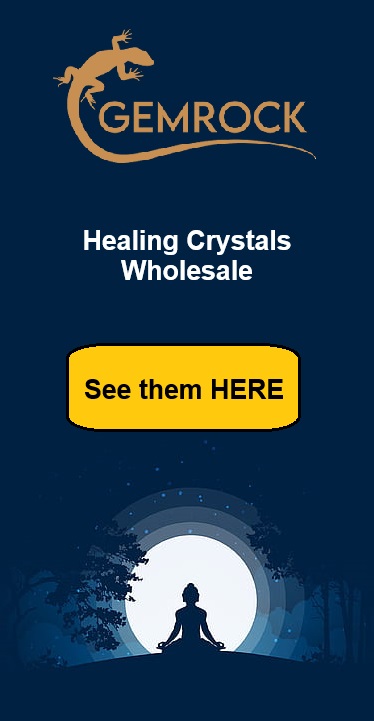
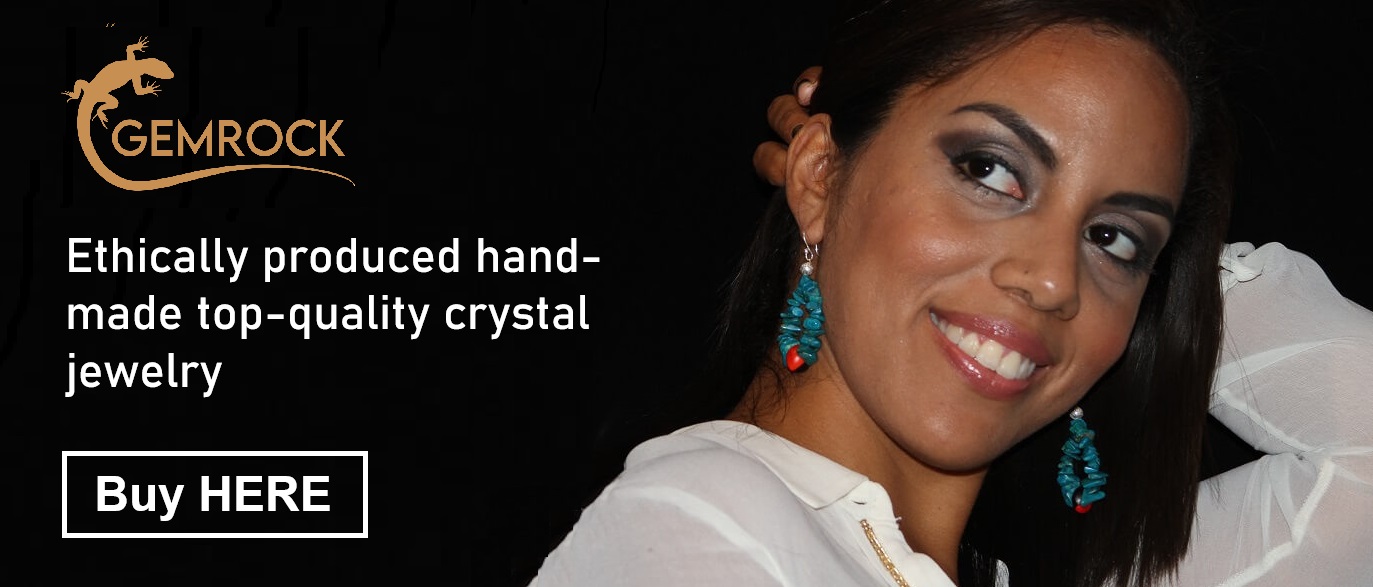












Recent Comments